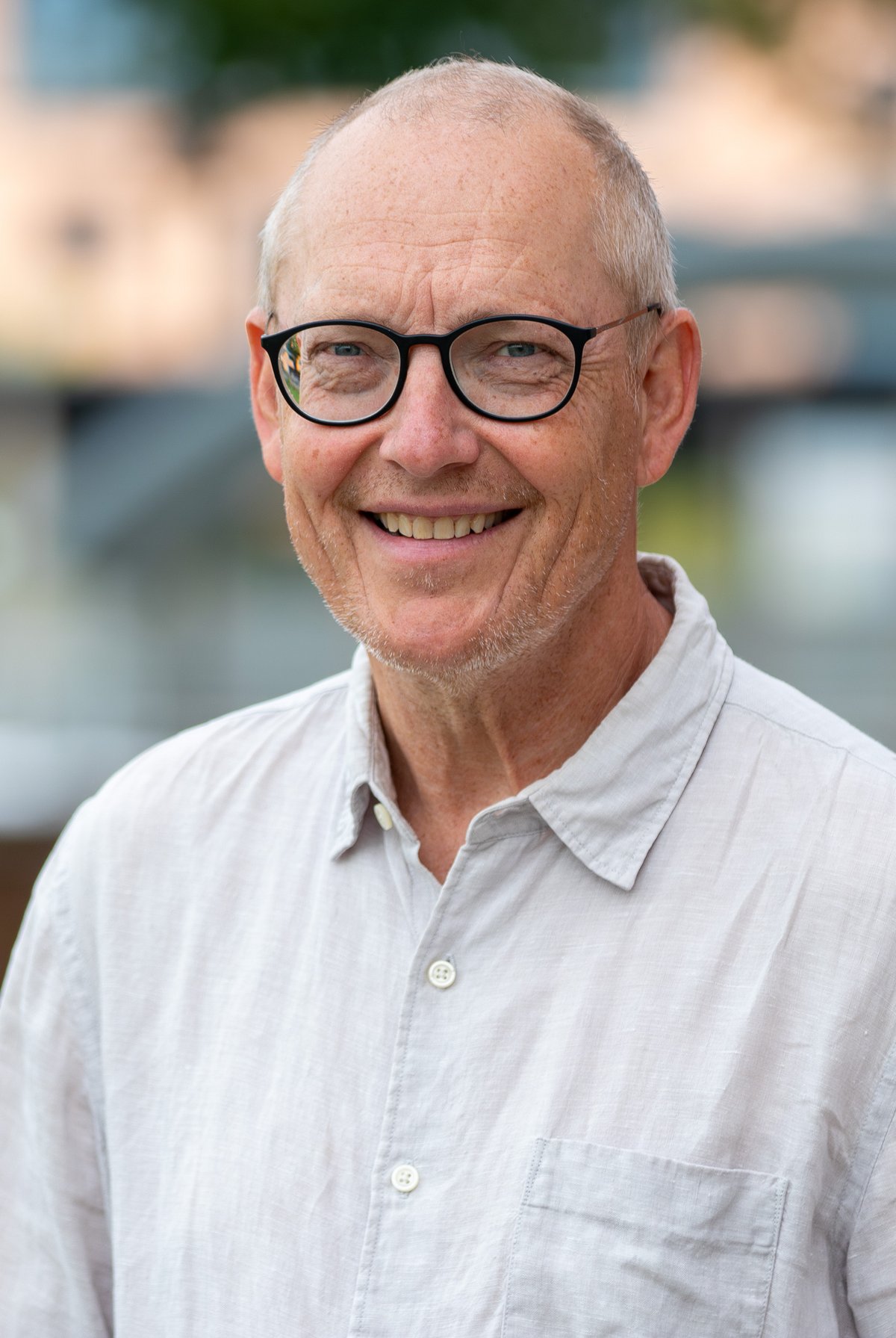Where are the boundaries for bodily self-governance?
This is a fundamental question that doping research has raised for Professor Verner Møller. The question extends beyond sports research into the realm of public health, and he hopes to address it in his research before retiring.
Discrepancy between theory and practice led to research career
For more than twenty years, Verner Møller has conducted research within sports and body culture, focusing on elite sports and body cultural extremes, with a particular interest in the issue of doping.
"I have always received unwavering support and encouragement from the department"
“I have always received unwavering support and encouragement from the department to pursue the research questions that fascinate me; whether it’s the issue of doping, the cultural causes of obesity, or the right to bodily integrity concerning child circumcision traditions.”
His interest in researching elite sports stems from personal experience with the world of sports. The notions of sports as educational, character-building, and healthy that he was introduced to as a minor subject student in sports education, did not match his experience as an elite handball player.
And that made him curious.
Elite sports are both sober and unideal
Verner Møller’s studies highlight sportsmanship and fair play as essential, while cheating is seen as destructive. However, rule violations are common in elite sports due to uncompromising competition. Participation is secondary to winning and advancing in the sports hierarchy. Those who don't succeed drop out before reaching the elite level.
“Analyses of the dynamics in elite sports can create conditions to understand the dynamics in competitive societies as a whole.”
In that sense, elite sports are, according to Verner Møller, both sober and unideal, and as such a formidable ’laboratory’ to study human reactions and strategies to cope in competitive environments.
“Analyses of the dynamics in elite sports can create conditions to understand the dynamics in competitive societies as a whole.”
Tour de France in 1998 kick-started research in doping
Due to his experience with elite sports, Verner Møller wasn't surprised by the use of performance-enhancing drugs in the 1998 Tour de France. However, his curiosity about athletes risking their health led him to write his first book on doping and later co-found the International Network for Doping Research to promote anti-doping policy debate.
Based at Aarhus University since 2006, the network holds biennial conferences for global doping researchers to exchange ideas, collaborate on projects, and inspire early-career researchers.
“It has been extremely satisfying to see how the network has developed and continued to grow under the leadership of younger forces after a generational shift.”
You might also like

Five highlights about Verner Møller
- Was the first humanities scholar to receive a PhD scholarship at the Faculty of Health Sciences at the University of Southern Denmark to study the health aspects of sports.
- Wrote his first book on doping in 1999.
- Co-founded the International Network for Doping Research (INDR) in 2002.
- Focuses on internationalisation in his research and was a visiting professor at George Mason University in Fairfax, Virginia from 2009 to 2013.
- Is a former elite handball player.